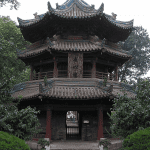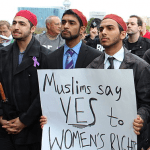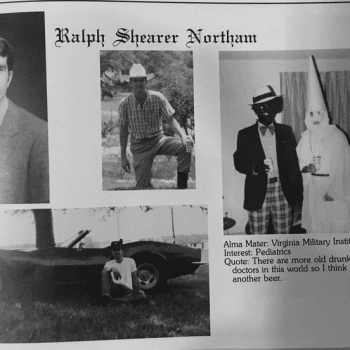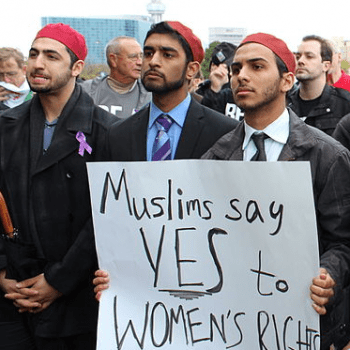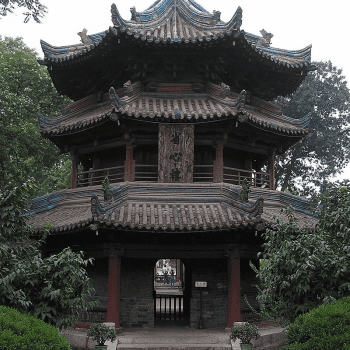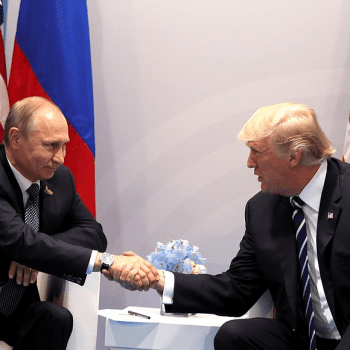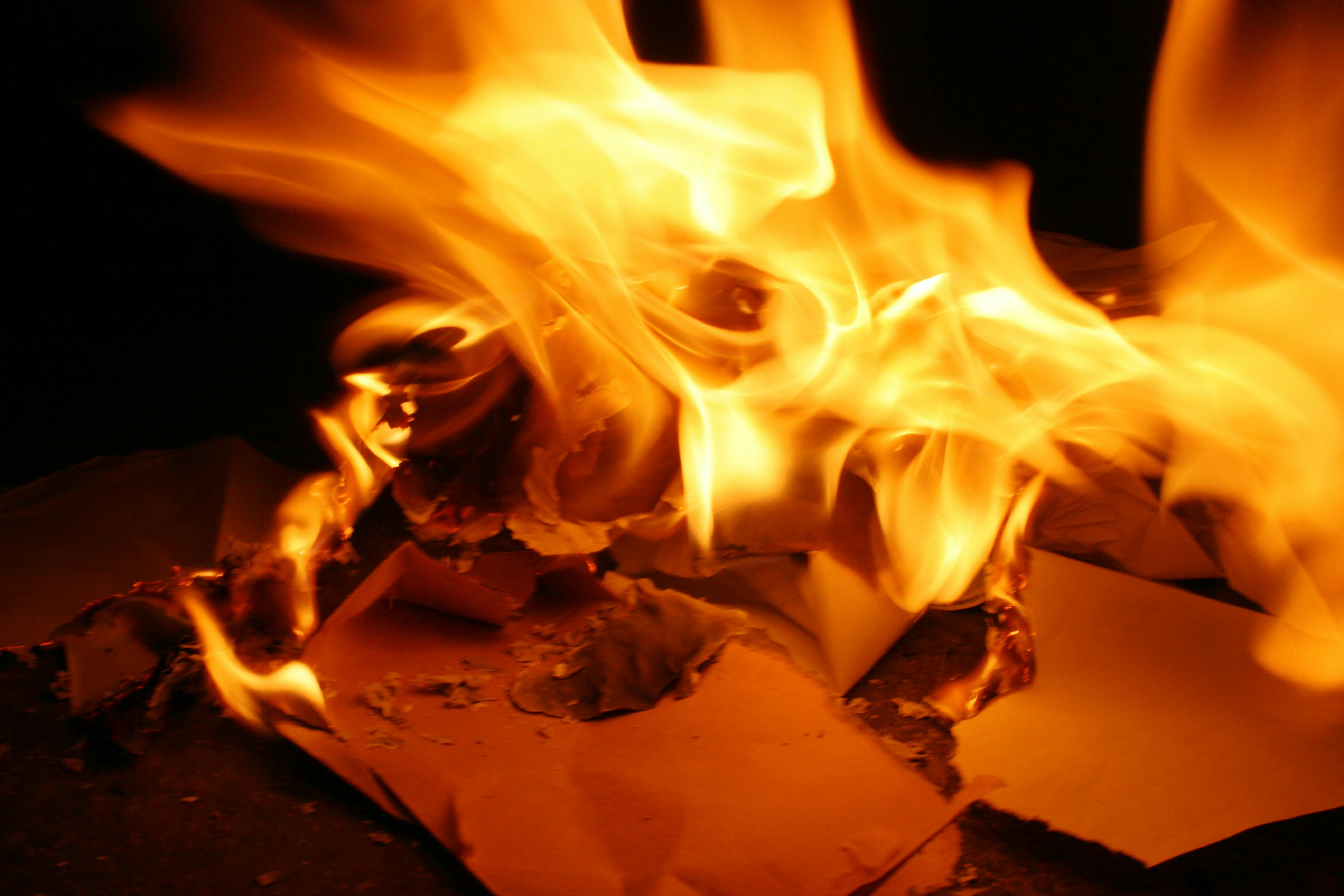 Our country is mired in the grips of obdurate ideological warfare. The ongoing government shut down. Polarized political parties whose main goal seems to be stopping anything the opposite party puts forward. Different ideological groups — left and right, woke and unwoke, the religious right vs progressives vs atheists — who view opposite groups as dangerous, criminal and downright evil. Fellow citizens viewed not only with hostility but the conviction that should their beliefs and ideals be realized it would be disastrous for our country and the people who live here. All whipped up into a frenzy of fear and loathing by hyperbolic demagogues posing as experts and commentators.
Our country is mired in the grips of obdurate ideological warfare. The ongoing government shut down. Polarized political parties whose main goal seems to be stopping anything the opposite party puts forward. Different ideological groups — left and right, woke and unwoke, the religious right vs progressives vs atheists — who view opposite groups as dangerous, criminal and downright evil. Fellow citizens viewed not only with hostility but the conviction that should their beliefs and ideals be realized it would be disastrous for our country and the people who live here. All whipped up into a frenzy of fear and loathing by hyperbolic demagogues posing as experts and commentators.
In many cases, it is true that the consequences of one group achieving and maintaining dominance would be horrendous for large swathes of the population. For instance, if unbridled, free market capitalism continues to dominate, millions of workers will continue to struggle financially, with dire consequences for family stability, educational outcomes, and personal fulfillment. Similarly, if racism wins the day, people of color will suffer dreadfully economically, socially and personally. Conversely, if we strengthen worker protections and provide reparations to undo centuries of discrimination and systemic racism, the rich and whites stand to lose ground.
Some conflicts, it would seem, should be easy to resolve. For instance, the disagreement between people who believe in the superiority of the white race vs those who believe in the equality of all humans vs those who believe the white race is uniquely aggressive and immoral. DNA studies have shown that 99.9% of our DNA is shared across all races. The variation between humans from different geographic locations is superficial, and does not include fundamental qualities like intelligence, creativity, conscience and empathy, etc. Clearly, we should take steps to make our societies as egalitarian as our DNA. But scientific facts seem to have little influence on those whose beliefs are contradicted by that science, and the results of centuries of ethnic discrimination are equated by far too many as genetic predisposition regardless of what the scientists have found.
How much more intractable then, are opinions where science doesn’t have much to say? Like how to balance freedoms of conscience when one group following their conscience impinges on the ability of another group to follow their own. Or how best to structure an economy. Or when does life, and the consequent rights of a human being, begin?
Dissension on the scale we are seeing in America today, was also seen in the days of Muhammad’s prophethood. Arabia, like America, was incredibly diverse. While dominated by native polytheism, it was home to many different religious groups including Christians and Jews of different denominations, Zoroastrians, Manicheans, and others. It was also ethnically and racially diverse, though dominated by Arabs. As the more and more people became followers of Muhammad and adherents to Islam, conflict arose between the dominant polytheists and the Muslims, both of whom made alliances with various tribes and ethnic and religious groups in the area.
Like America today, the divergent parties saw in each other not only an existential threat to their own cherished beliefs and way of life, but an crucial moral imperative to achieve dominance. As we know, Muhammad was forced to flee Mecca along with his followers. And years of armed conflict ensued. In the end, Muhammad and his followers prevailed over their persecutors in Mecca, and Islam won the day in that fight, religiously, morally, politically and on the field of battle.
As a Muslim, I like to think that victory represents the triumph not only of a stronger army against a weaker one, or of one faith group over another, but of an inherently more egalitarian worldview over ones that enshrined inequality. I believe that the values taught by my faith work to make the world a better place for more people. That compassion and kindness to one another should be the guiding principle in every interaction and that we have a duty to care for one another. That justice and fairness are of vital importance and supersede bonds of tribe or family or country or race. That striving for goodness is a better thing than striving for possessions or power and that having power or riches do not make you inherently more deserving of life’s bounties. That all humans are endowed with equal dignity and no gender, no ethnicity, no race is superior to another. That there can be no compulsion in faith and every person has to right to live their life according to their own conscience but is also responsible for their actions. That in the end, how we live our life does matter. The implementation of those values by Muslims over the centuries has certainly been flawed and many times ignored, but that does not take away from their inherent quality.
As an American, I hope our country will end up standing for the Muslim values I cherish: justice, fairness, compassion, freedom of conscience, and a recognition of the fundamental dignity and equality of all human beings. It won’t be an easy path… there is indeed a ideological war going on for the hearts of America. I am terribly afraid that the conflicts in our country will only be resolved in much the same way the conflicts during Muhammad’s day were – through armed conflict, a second civil war. Let us hope and pray it doesn’t come to that!

